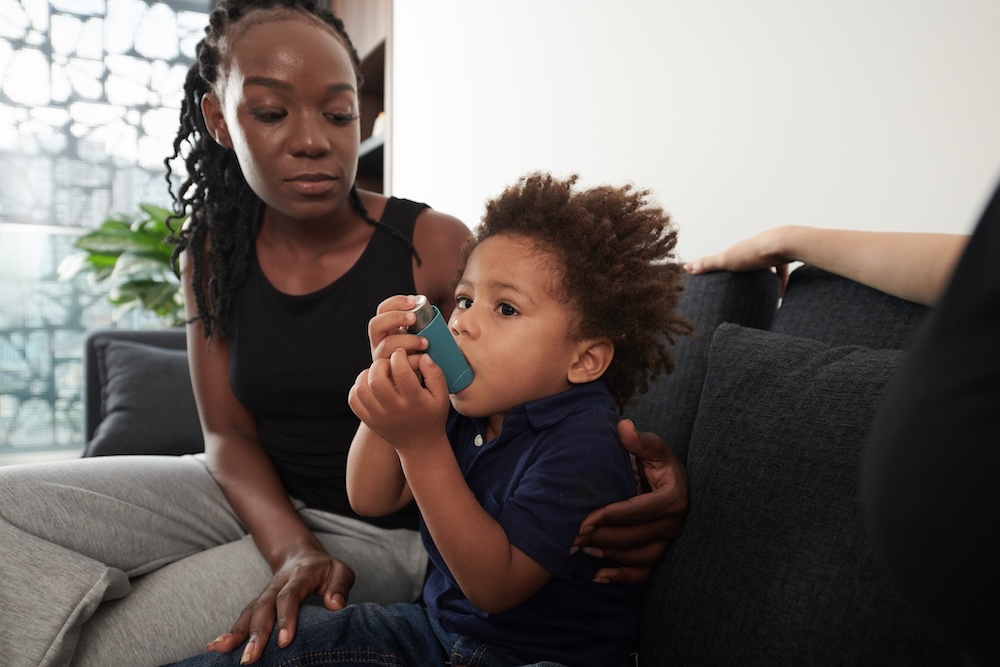
If you have asthma, peak allergy seasons can make breathing significantly harder. Understand that effective asthma treatment begins with understanding how seasonal allergens like pollen and mold inflame your airways and trigger reactions. With the support of your Atlanta allergist, you can manage your symptoms and breathe more easily. Here’s a closer look at how seasonal allergies worsen asthma symptoms.
What You Should Know About Seasonal Allergies and Asthma
Seasonal allergies affect people at different times, depending on which allergens trigger their asthma. Allergists help patients gain clarity over the underlying cause of respiratory issues, then determine an appropriate treatment.
How Allergies Trigger Asthma Symptoms
Seasonal allergies and asthma are closely connected by an overactive immune response that triggers inflammation in the airways. When the immune system encounters allergens, it releases histamine and other inflammatory chemicals. The result is a tightening of the airway muscles and increased mucus production. For people with preexisting asthma, these changes cause coughing, wheezing, shortness of breath and chest tightness. Symptoms can be exacerbated by postnasal drip, which can prolong coughing and irritation.
Common Seasonal Allergy Triggers That Affect Asthma
An allergist can help you manage asthma by identifying the allergens responsible for triggering your symptoms. While many environmental substances affect the immune system, the following are most likely to cause symptoms at various points throughout the year.
- Spring tree pollens, such as oak, pine, birch and maple.
- Late spring to early summer grass pollen.
- Late summer to fall weeds and outdoor molds.
- Winter indoor allergens like dust mites, pet dander and indoor molds.
- Dry, windy days that spread pollen over long distances.
A person with allergic asthma can be affected by multiple seasonal allergens. As a result, symptoms can overlap across many months.
Signs That Allergies Are Worsening Your Asthma
If you notice that your asthma symptoms get worse at specific times of the year or after spending time outdoors, allergies may be a contributing factor. When your breathing difficulties are accompanied by itchy or watery eyes, sneezing and a runny nose, you may find you have an increased need for a relief inhaler. Noticeable symptoms on high pollen count days and a family history of allergies are also potential signs of allergic asthma.
How to Prevent Asthma Symptoms From Seasonal Allergies
Simple prevention tips to control asthma symptoms include tracking your health with pollen and mold counts, installing an air purifier at home, and changing clothes after spending time outdoors. However, if symptoms persist, visiting your allergist for testing is recommended. Your allergist can conduct skin prick or blood testing to detect the problem allergens, and may prescribe corticosteroids, bronchodilators and other medications. In some cases, immunotherapy to desensitize the immune system to allergens will be the most effective long-term option.
Best Asthma Care and Seasonal Allergy Treatment in Atlanta
Chacko Allergy, Asthma and Sinus Center supports adults and children experiencing asthma and allergy symptoms. Visit one of our Atlanta-area locations for expert allergy testing and treatment solutions. Contact us at (678) 668-4688 or request an appointment.
